
Resident doctors work like full-time doctors when directly participating in diagnosing and treating patients and working at major hospitals - Photo: THANH HIEP
Speaking to Tuoi Tre Online , a former leader of a medical school in Ho Chi Minh City said that the residency training program has existed for decades, is considered the "pinnacle" in doctor training, and is highly valued by hospitals.
Strict selection, only take the exam once in a lifetime
According to this person, the selection and training process for resident physicians is highly selective. Each student only has one chance to take the residency exam in their lifetime; if they fail, they will not have another chance to take the exam again.
With this strict regulation, the entrance score is always very high, affirming the outstanding ability of those selected.
"This is to ensure that only the best candidates can enter the program. While the quota granted by the Ministry of Health each year is very limited, the number of good students registering is always high, making the selection environment extremely competitive," he said.
After passing a rigorous selection process, residents enter a three-year training program, modeled after the French model, closely combining theory and practice.
During their studies, they not only study theory but also actively participate in practice at the hospital, working as a full-time doctor: examining, diagnosing, treating and on duty at the hospital. This environment allows residents to have direct access to professors, leading doctors and accumulate in-depth experience.
After graduation, residents are evaluated as having excellent clinical skills, proficient in handling many complex diseases. Hospitals always have special trust in this team of doctors. In addition, they also have the opportunity to receive many valuable degrees, opening a solid foundation for their careers.
Some more 'flexible' solutions are needed to support resident physicians
Despite being considered the most prestigious training model in the Vietnamese medical education system , according to the former head of a medical school in Ho Chi Minh City, the residency program is facing financial challenges.
Unlike the previous generation who were exempted from tuition fees and even received additional income support from the hospital, current resident doctors have to pay quite high tuition fees themselves.
To solve financial difficulties, this person proposed some "flexible" solutions such as hospitals in need of high-quality human resources can sponsor tuition fees for resident doctors , in return for students committing to serve at the hospital after graduation, or scholarship policies from universities.
Before the debate that the training of medical specialists and resident doctors should be managed by the Ministry of Health, instead of the Ministry of Education and Training as proposed by National Assembly delegates, this person said it was reasonable.
"It is necessary to maintain and develop this model. To do that, there needs to be breakthrough policies to address tuition challenges and unify management mechanisms, ensuring that the best medical talents are not hindered by economic or administrative barriers," he concluded.
Director of the Ho Chi Minh City Department of Health Tang Chi Thuong said that resident doctors are the "elite" force of the health sector, trained continuously for 4 years after graduating from university under the guidance of leading experts.
However, currently, boarding students have to pay tuition fees of about 30 - 40 million VND per year. This is a big barrier, making it difficult to attract and retain high-quality human resources.
“When I was a resident, we were paid the same as doctors. But now, if you want to be a resident, you have to pay a lot of money,” Mr. Thuong shared his story.
Based on that reality, the Ho Chi Minh City Department of Health recommends that the city should allocate financial resources to support tuition fees for resident physicians, creating conditions for excellent medical students to boldly pursue the path of advanced training. Investing in resident physicians is also investing in the elite human resources of the health sector in the future.
Source: https://tuoitre.vn/ho-tro-tai-chinh-cho-bac-si-noi-tru-duoc-khong-2025112412104453.htm



![[Photo] President Luong Cuong attends the 50th Anniversary of Laos National Day](/_next/image?url=https%3A%2F%2Fvphoto.vietnam.vn%2Fthumb%2F1200x675%2Fvietnam%2Fresource%2FIMAGE%2F2025%2F11%2F27%2F1764225638930_ndo_br_1-jpg.webp&w=3840&q=75)
![[Photo] Prime Minister Pham Minh Chinh chairs the 15th meeting of the Central Emulation and Reward Council](/_next/image?url=https%3A%2F%2Fvphoto.vietnam.vn%2Fthumb%2F1200x675%2Fvietnam%2Fresource%2FIMAGE%2F2025%2F11%2F27%2F1764245150205_dsc-1922-jpg.webp&w=3840&q=75)





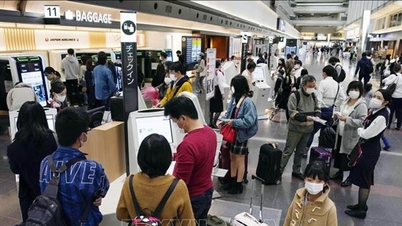


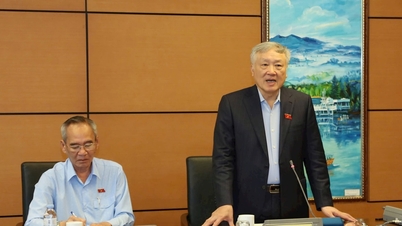



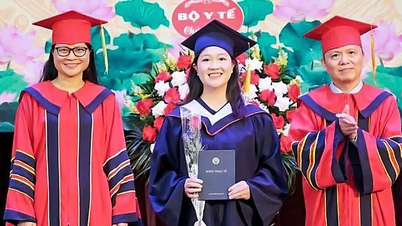



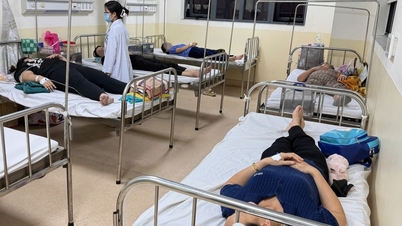

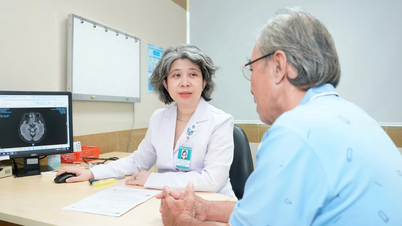


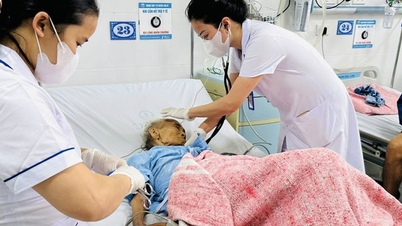









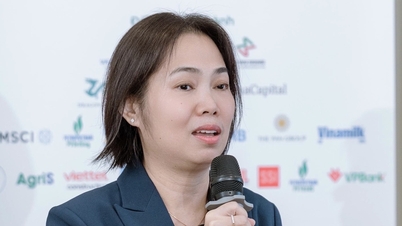






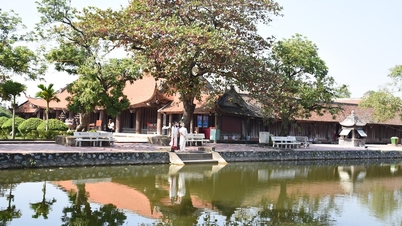




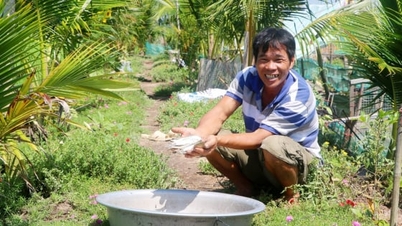

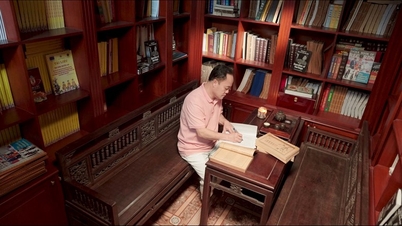
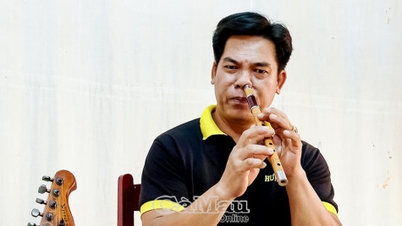

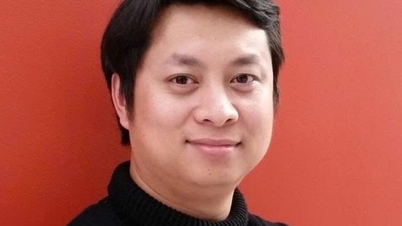

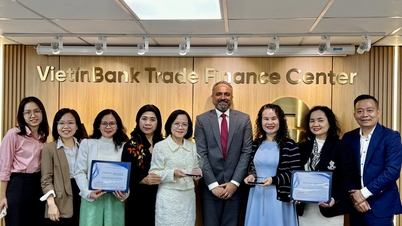


















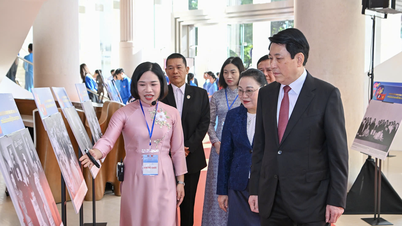
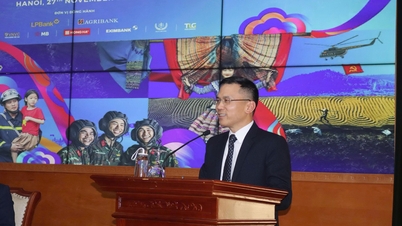




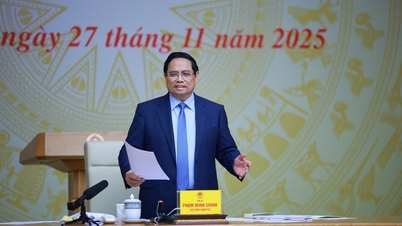








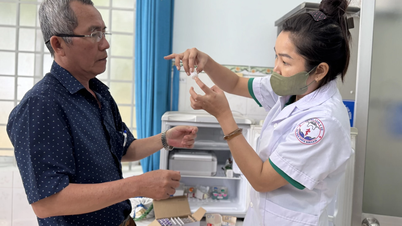














Comment (0)